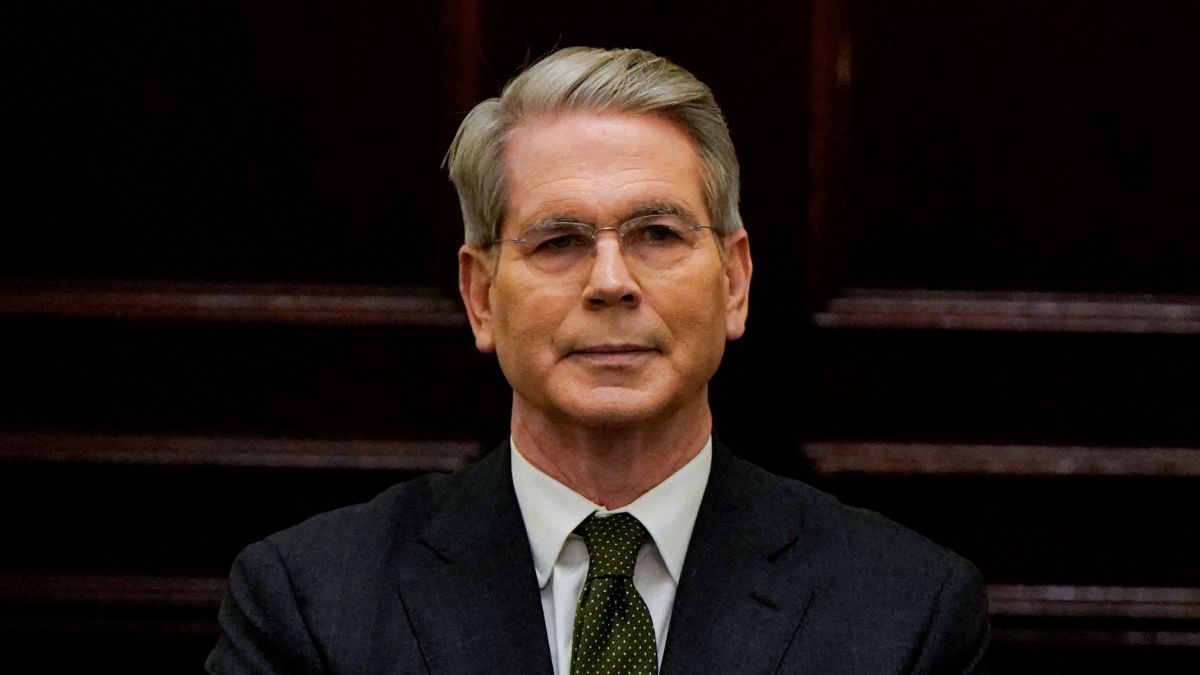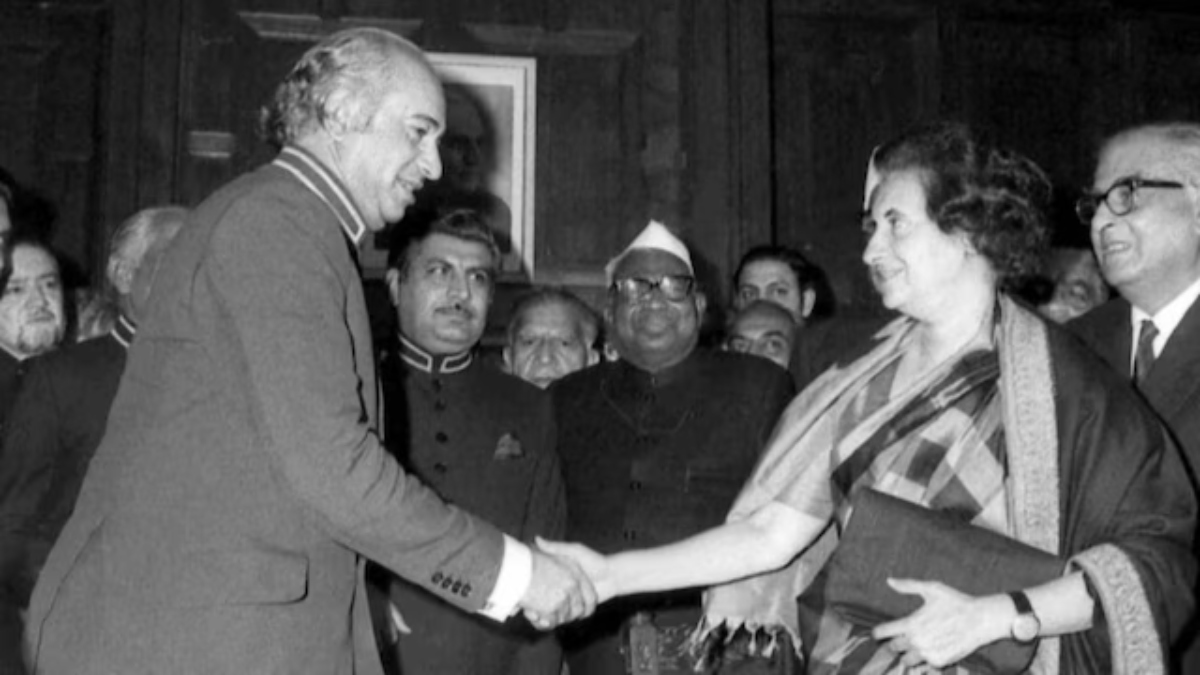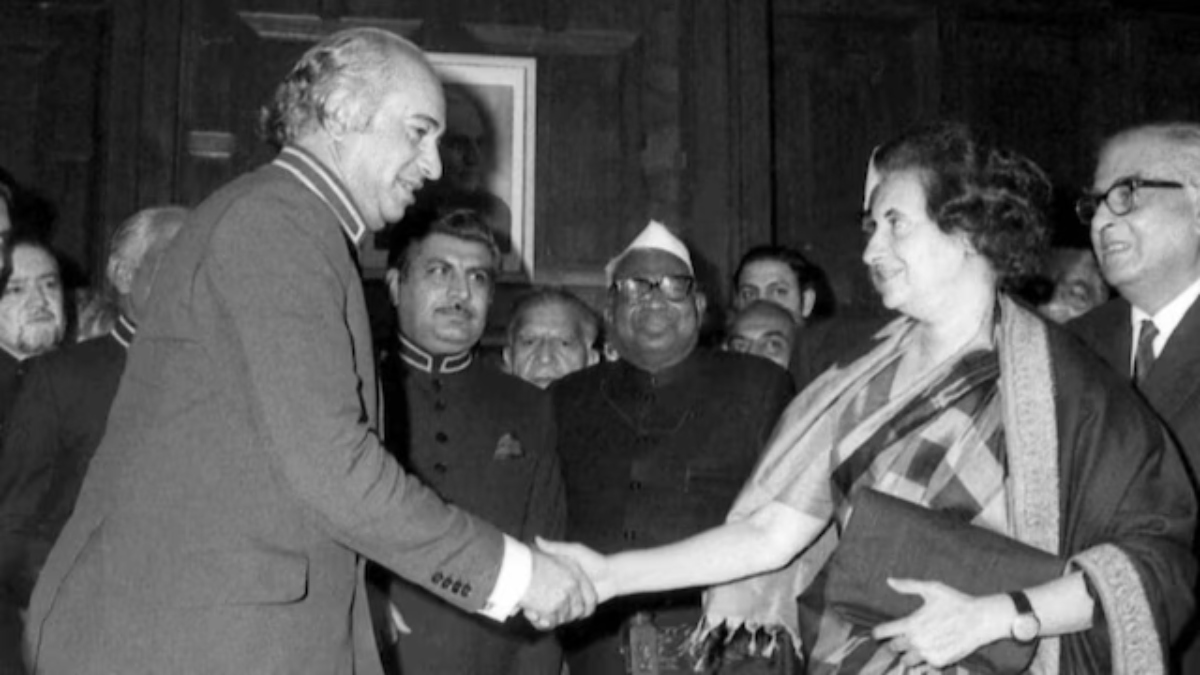Elon Musk’s volatile tenure in the Trump administration reached new levels of drama last week, as he and United States Treasury Secretary Scott Bessent erupted into a shouting match, that was heard by President Donald Trump himself, just outside the Oval Office.
The clash between the billionaire tech mogul and the top financial officer in the Trump administration was the culmination of months of disagreements, contrasting philosophies on governance and a personal rivalry that dates back to the earliest days of Trump’s second term.
The argument, which sources described as “chest to chest” and reminiscent of a professional wrestling showdown, took place outside the Oval Office and was loud enough to draw the attention of nearby staff and officials.
Eyewitnesses described the episode as a “WWE in the hall of the West Wing” moment, with one source telling Axios, “It was quite a scene. It was loud. And I mean, loud.”
“F**k you”: What led to Musk vs Bessent shouting match?
The immediate catalyst for the argument was a dispute over the leadership of the Internal Revenue Service. On April 16, Trump appointed Gary Shapley, a former IRS agent known for his role as a whistleblower in the Hunter Biden investigation, as acting IRS commissioner.
Shapley was Musk’s preferred candidate for the position. Bessent, however, had pushed for Michael Faulkender, his deputy at the Treasury Department, to take the role.
Bessent was reportedly frustrated that Musk had circumvented the normal decision-making process and gone directly to Trump to push for Shapley.
The Treasury secretary confronted Musk about this manoeuvre during a meeting at the White House on April 18. According to sources briefed on the confrontation, the discussion quickly turned volatile. “The F-bombs started to fly,” one insider recounted.
Eyewitnesses said that while the verbal dispute began inside the Oval Office, it escalated in the hallway.
At one point, Bessent shouted “F**k you,” to which Musk replied, “Say it louder.” An aide was ultimately forced to intervene and physically separate the two men.
Old guard vs New (Doge)?
The disagreement over the IRS appointment reflects deeper divisions between the two officials. Bessent, a veteran of financial markets with a reserved and analytical demeanour, has been tasked with stabilising and reforming key fiscal institutions.
Musk, by contrast, has taken a more disruptive approach since assuming leadership of the Department of Government Efficiency (Doge), a new agency created to streamline federal bureaucracy.
One administration insider summarised the contrasting missions of the two men: “Bessent has two mandates: reform and stabilise. Elon has one mandate: break things in the process of reform.”
Musk’s aggressive cost-cutting measures at DOGE have caused internal friction. Some of his moves, such as firing and then rehiring critical scientific experts and pandemic response teams, or temporarily defunding global health programmes, have led to policy reversals and growing concern among other officials.
Even among those who admire Musk’s entrepreneurial drive, there is unease about the unpredictability of his actions in a government setting. “Everyone thinks Doge is great, but Elon’s antics are just a bit much,” one official said.
A deep-rooted personal animosity?
The friction between Musk and Bessent predates the current administration. During the transition, Musk lobbied heavily for financier Howard Lutnick to be appointed Treasury Secretary.
Trump ultimately named Bessent to that role and chose Lutnick to lead the Commerce Department instead.
From that moment, relations between Musk and Bessent remained frosty. Allies of Bessent acknowledge that the Treasury Secretary “can’t stand” Musk, and that the dislike goes “pretty deep and pretty far back.”
Despite this, they also pointed out that Bessent has tried to maintain professionalism: “But he’s acting like a grown-up about it.”
Musk, on the other hand, has publicly criticised Bessent’s leadership credentials, calling him a “business-as-usual” pick and blaming figures like him for “driving America bankrupt.”
During the argument last week, Musk reportedly accused Bessent of being a “Soros agent” and ridiculed his financial record, saying he had run “a failed hedge fund.”
Trump has previously praised Bessent’s financial acumen, but his loyalty to Musk — one of his top donors and a pivotal ally during the last election campaign — has complicated the administration’s response to their ongoing feud.
What happened after?
By the end of the week, Bessent appeared to have prevailed in the dispute over the IRS. On Friday, just three days after Shapley’s appointment, the administration reversed course. Trump removed Shapley and installed Faulkender, Bessent’s original choice, as the acting commissioner.
In a formal statement announcing the change, Bessent did not acknowledge the internal tensions but highlighted restoring public trust in the IRS. “Trust must be brought back to the IRS, and I am fully confident that Deputy Secretary Michael Faulkender is the right man for the moment,” he said.
He added that “Gary Shapley’s passion and thoughtfulness for approaching ways by which to create durable and lasting reforms at the IRS is essential to our work, and he remains among my most important senior advisors at the US Treasury.”
The controversy spilled into the online sphere later that evening. Right-wing activist Laura Loomer criticised Bessent on X for his association with an entrepreneur she labelled a “Trump hater.”
Musk joined in, posting, “People can mask their true character, but not the character of their friends.”
What does this mean for Musk’s future in government?
Amidst all this, Musk has indicated he will be scaling back his involvement in the federal government.
On a Tesla earnings call, he told investors that beginning in May, he would reduce his work with Doge to just one or two days per week. Musk’s role as a special government employee is also legally limited to 130 working days per year.
This announcement follows a wave of global backlash over his government involvement, including a reported international boycott of Tesla vehicles and a downturn in the company’s stock price.
Despite these headwinds, Musk has not publicly backed away from his criticism of Bessent.
How did the White House react?
The White House has sought to portray the Musk-Bessent altercation as an example of intense but acceptable policy debate.
White House Press Secretary Karoline Leavitt said, “It’s no secret President Trump has put together a team of people who are incredibly passionate about the issues impacting our country. Disagreements are a normal part of any healthy policy process, and ultimately, everyone knows they serve at the pleasure of President Trump.”
Behind the scenes, however, there is growing discomfort within Republican circles about Musk’s influence, especially given his high-profile role as the owner of X (formerly Twitter).
As one former associate told UK’s The Times, “There’s no controlling Elon. The very idea that any sort of process or institution is going to contain him is absurd.”
Though some within the administration view the outcome of the IRS appointment as a win for Bessent, many acknowledge that this may only be the first round in a longer power struggle.
“Scott won that round,” a source said. “But I would not want a guy like Musk as an enemy.”
Also Watch:
With inputs from agencies


)
)
)
)
)
)
)
)
)